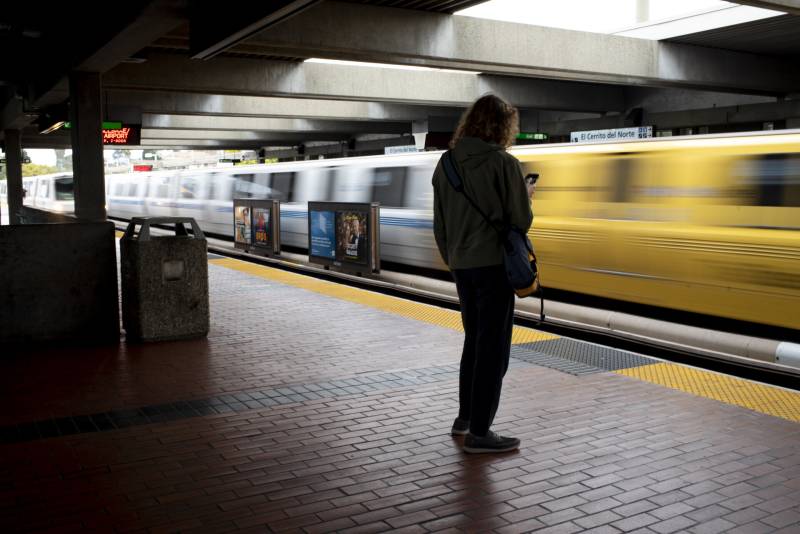After months of pleas from transit agencies and public transportation advocates, California lawmakers have released an emergency funding plan to help commuter rail and bus operators deal with their deepening financial crisis.
The proposal released late Sunday would allocate $1.1 billion from the state’s cap-and-trade funds over the next three years to help agencies facing major deficits because of the continuing effects of post-pandemic ridership and revenue losses.
That amount represents just a fraction of the more than $5 billion that local transit agencies have been seeking over the next five years to avoid what’s come to be known as their fiscal cliff. That would be enough funding over a long enough period of time to allow operators to develop new sources of revenue to finance their day-to-day operations, agencies say.
It’s also unclear exactly how the new funding will be shared among operators, whose deficit projections vary dramatically. The Los Angeles County Metropolitan Transportation Authority, the state’s biggest transit district, for instance, is facing even bigger deficits than its Bay Area peers in coming years.
Even so, Democratic state Sen. Scott Wiener of San Francisco, who has led the campaign to find new state support to help pay for day-to-day transit operations, called the plan a big win.

